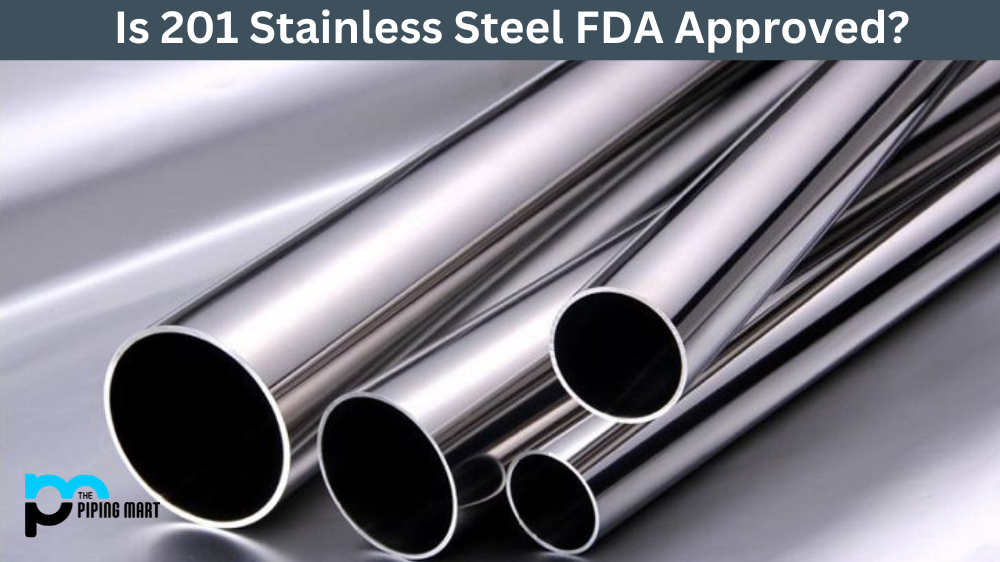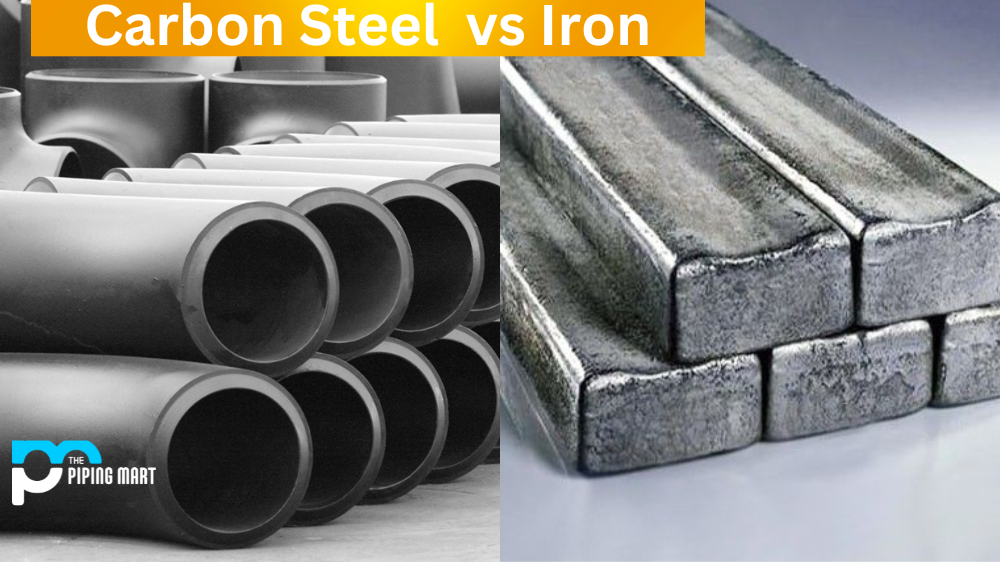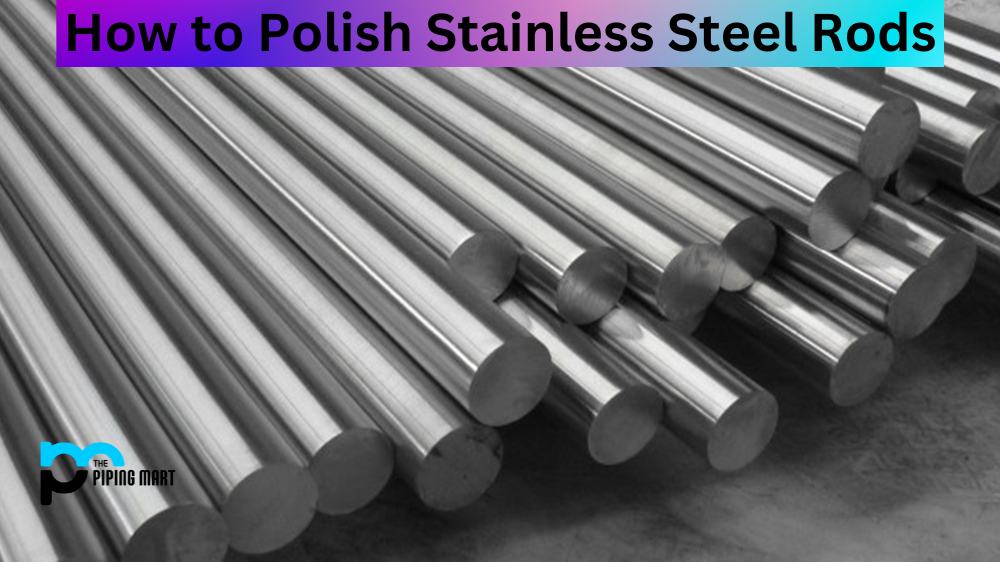Stainless steel is a popular material used for various applications, from cookware to medical equipment. But when it comes to food-grade stainless steel, certain standards must be met to ensure that the material is safe and will not contaminate food products. One such standard is FDA approval. So, if you are using 201 stainless steel for any food-related application, the first question you should ask yourself is whether or not this specific type of stainless steel has been approved by the Food and Drug Administration (FDA). Let’s take a closer look at this important question.
What Is 201 Stainless Steel?
Before we can answer whether 201 stainless steel is FDA-approved, we need to understand what it is and how it differs from other types of stainless steel. In short,201 stainless steel is an alloy that contains half of the nickel and increased manganese and nitrogen found in 304-grade stainless steel. This combination gives 201 stainless steel higher strength and is more cost-effective than other grades of stainless steel. It also offers good resistance to oxidation and many moderate corrosive environments.
Is It FDA Approved?
Now that we know what 201 stainless steel is, let’s answer the main question: Is it FDA-approved? The answer depends on the intended use of the material. If you are using it for a non-food-related application, then it’s likely fine. However, if you are using it for any food-related application—such as kitchen utensils or food processing equipment—it may not be acceptable under FDA regulations because there may be trace amounts of lead present in the alloy that could potentially contaminate food products. Therefore, it’s best to check with your local FDA office before purchasing any materials from this type of stainless steel for your business operations.
Conclusion:
In conclusion, while 201 stainless steel may be suitable for non-food related applications due to its low cost and good corrosion resistance properties, it’s important to note that this particular grade of the material may not meet all requirements set forth by the FDA for food-grade materials. Therefore, if you plan on making any products or equipment from this type of material that will come into contact with food products, check with your local authorities to ensure compliance with all safety standards set forth by the Food and Drug Administration (FDA).

Abhishek is a seasoned blogger and industry expert, sharing his insights and knowledge on various topics. With his research, Abhishek offers valuable insights and tips for professionals and enthusiasts. Follow him for expert advice on the latest trends and developments in the metal industry.




